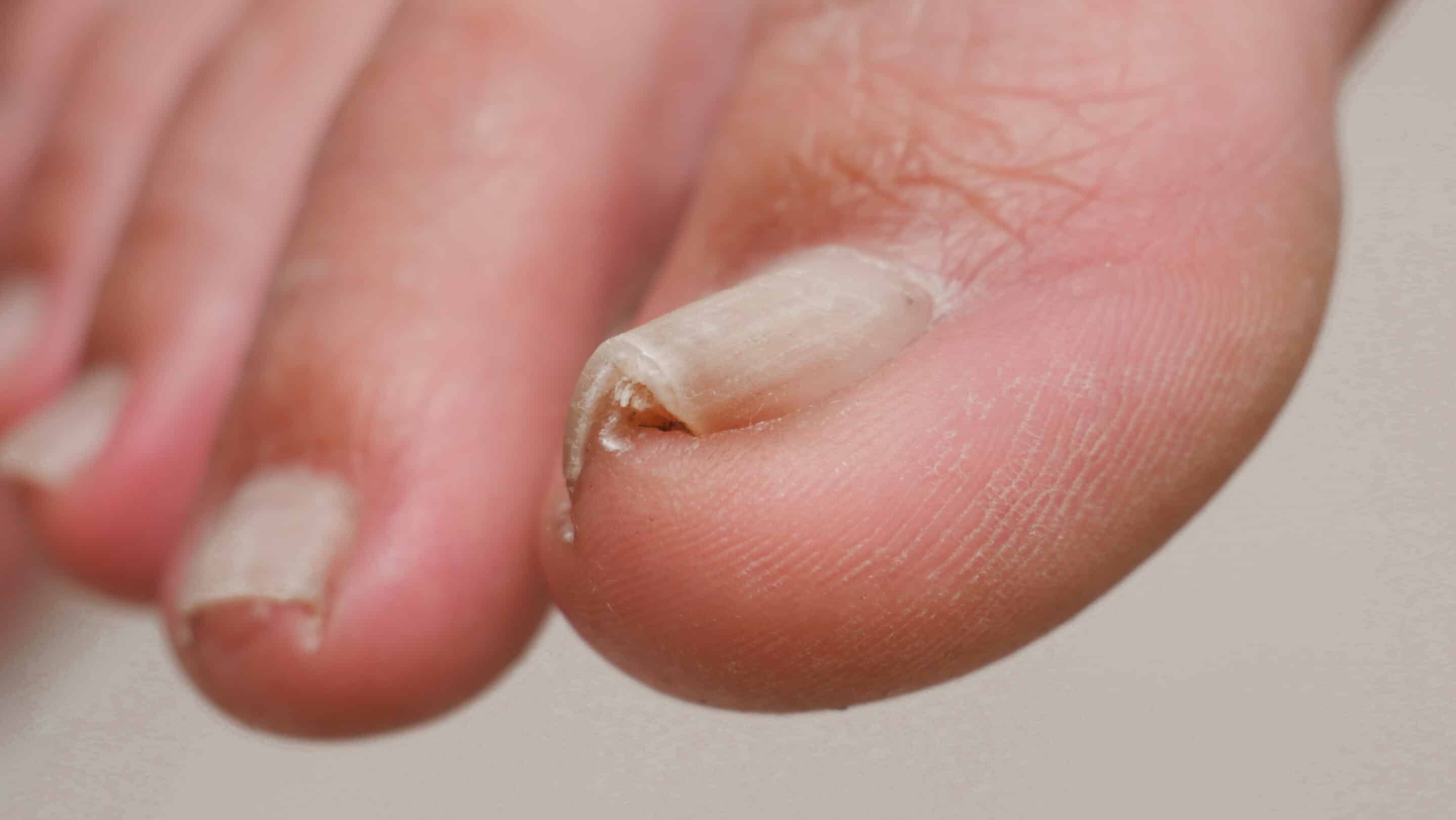Ingrown toenails are a common yet often painful condition that can disrupt your daily activities. If not treated properly, they can lead to serious discomfort and infection. In this blog, we’ll discuss the symptoms, causes, and effective methods for relieving ingrown toenail pain, along with preventative tips and when to seek professional help.
What Are Ingrown Toenails?
An ingrown toenail occurs when the edge or corner of the toenail grows into the skin next to it, leading to irritation, redness, and swelling. While it most commonly affects the big toe, other toes can be impacted as well. Recognizing the signs early and knowing when to seek treatment is essential for managing the condition and avoiding complications.
How to Recognize Ingrown Toenails
Ingrown toenails have several telltale signs:
- Visible Signs: Redness, swelling, and tenderness around the affected toenail.
- Pain: You might experience pain when walking, especially when wearing tight shoes.
- Signs of Infection: If the ingrown toenail becomes infected, you may notice pus, a foul odor, or increased swelling.
Being aware of these symptoms helps you address the condition promptly before it worsens.
Why Do Ingrown Toenails Cause So Much Pain?
The pain from an ingrown toenail arises when the nail presses into the surrounding skin, causing irritation and inflammation. When the nail penetrates the skin, it can cause infection, making the area more painful. The surrounding tissue becomes sensitive, and simple movements like walking can exacerbate the discomfort.
What Causes Ingrown Toenails?
There are several factors that contribute to ingrown toenails, including:
- Improper Nail Trimming: Cutting nails too short or shaping the edges can cause them to grow into the skin.
- Tight Shoes: Ill-fitting shoes, especially those that are too narrow or short, put extra pressure on the toes.
- Toe Injuries: A stubbed toe, repetitive stress, or other toe injuries can lead to an ingrown toenail.
- Genetics: Some people inherit a nail growth pattern that makes them more susceptible to developing ingrown toenails.
- Fungal Infections: Fungal infections can deform nails, making them more prone to growing into the skin.
How to Relieve Ingrown Toenail Pain at Home
If you’re dealing with a mild ingrown toenail, you can try these home remedies to alleviate pain and reduce swelling:
- Soak Your Foot: Warm water soaks with Epsom salt can help reduce swelling and soften the skin around the affected toenail.
- Use Toe Protectors: Gently lift the ingrown nail with cotton or a toe protector to reduce pressure and ease discomfort.
- Antibiotic Ointment: Applying an over-the-counter antibiotic ointment can help prevent infection and promote healing.
- Choose Comfortable Footwear: Wear shoes that offer plenty of room for your toes to prevent further irritation.
What to Avoid
While treating an ingrown toenail, there are certain things you should avoid to prevent worsening the condition:
- Avoid Self-Treatment: Do not attempt to cut or dig at the ingrown toenail yourself, as this can lead to further injury or infection.
- Tight Shoes: High heels or shoes that put pressure on your toes can make the problem worse.
- Sharp Objects: Don’t use sharp tools or needles to manipulate the ingrown nail, as this can damage the area and introduce infection.
When Should You Seek Professional Treatment?
If you experience any of the following, it’s time to consult our experienced team:
- Persistent Pain: If the pain continues or worsens, professional care may be necessary.
- Signs of Infection: If the area becomes increasingly swollen, you notice pus or a foul odor, or the skin is warm to the touch, you should seek medical attention.
- Underlying Health Issues: Individuals with diabetes, poor circulation, or a weakened immune system should not delay treatment, as these conditions can complicate healing.
Our seasoned podiatrists can provide the appropriate care, which may include drainage, nail trimming, or more advanced procedures.
Preventing Ingrown Toenails
There are a few steps you can take to reduce your risk of developing ingrown toenails:
- Proper Nail Care: Cut your nails straight across, avoiding overly short cuts or curved edges.
- Choose the Right Footwear: Select shoes that fit comfortably and provide ample space for your toes to move freely.
- Maintain Good Foot Hygiene: Keep your feet clean and dry, and avoid fungal infections by washing and drying your feet regularly.
- Use Protective Footwear: Wear protective shoes if you’re involved in activities that could lead to toe injuries.
Professional Treatment for Severe Ingrown Toenails
If you’ve tried at-home remedies without success or if your ingrown toenail is causing severe pain, there are several treatment options available:
- Temporary Nail Lifting: Our team may place cotton or a splint under the ingrown nail to lift it and reduce pressure.
- Partial Nail Removal: In cases of severe ingrown toenails, removing a small portion of the nail may be necessary to relieve pain and promote healing.
- Antibiotics: If an infection is detected, antibiotics may be recommended to help eliminate it.
- Permanent Nail Removal: For recurring ingrown toenails, permanent nail removal may be recommended to prevent future issues.
Find Relief from Ingrown Toenail Pain
If you’re struggling with the discomfort of an ingrown toenail, it’s essential to seek appropriate treatment to avoid complications. Contact us today at (480) 962-4281 or schedule an appointment through our online form to get the relief you deserve.

